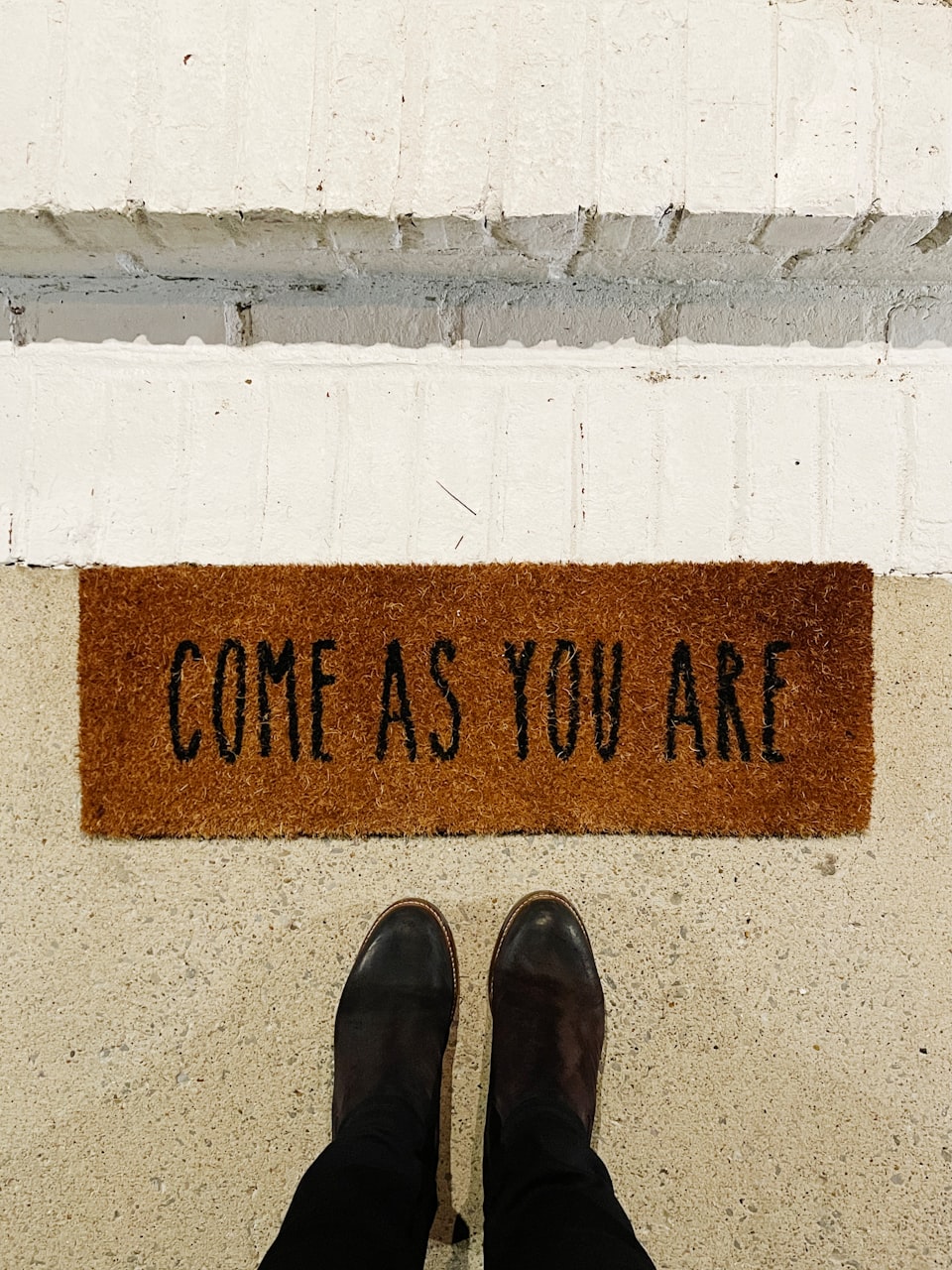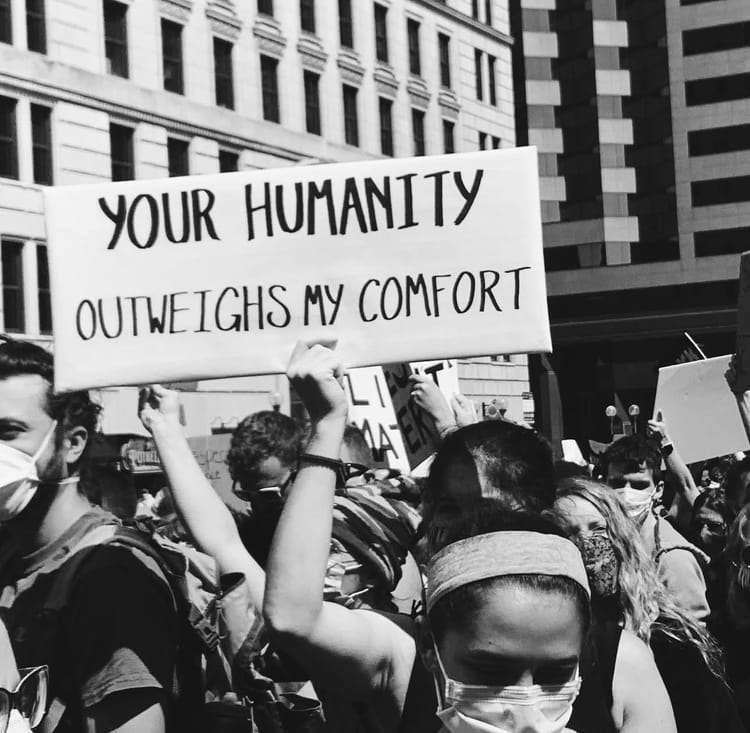On Cultivating (Healthy) Community

If you’ve been following me on TikTok you already know it’s time to talk about building community.
I'll get into the tea, but first thing's first, let's define community so we can get on the same page about the vision.
Community as I define it in this article is an extended network of people who complement one another's values and skills in a way that allows them to work together and support one another in living.
A healthy community, specifically, is designed to support us in living a healthy life.
Community is about everything from celebration to culture to varying levels of friendship, camaraderie, acquaintanceship, and lastly, yes, mutual aid. That is: sharing resources and developing a micro economy backed by bartering & gifting to help balance out the weight of having to pay for everything else.
Allll of this is what I mean when I say "community".
And, to be perfectly clear, I'm talking about your community.
No one tells us this, but your community is for you. It's yours to build. To cultivate for yourself. Activists & organizers can't do that for you. Your government can't do that for you. Your parents and friends can't do that for you.
They might be able to place you in a location surrounded by other people. But it only becomes community when you make it one.


